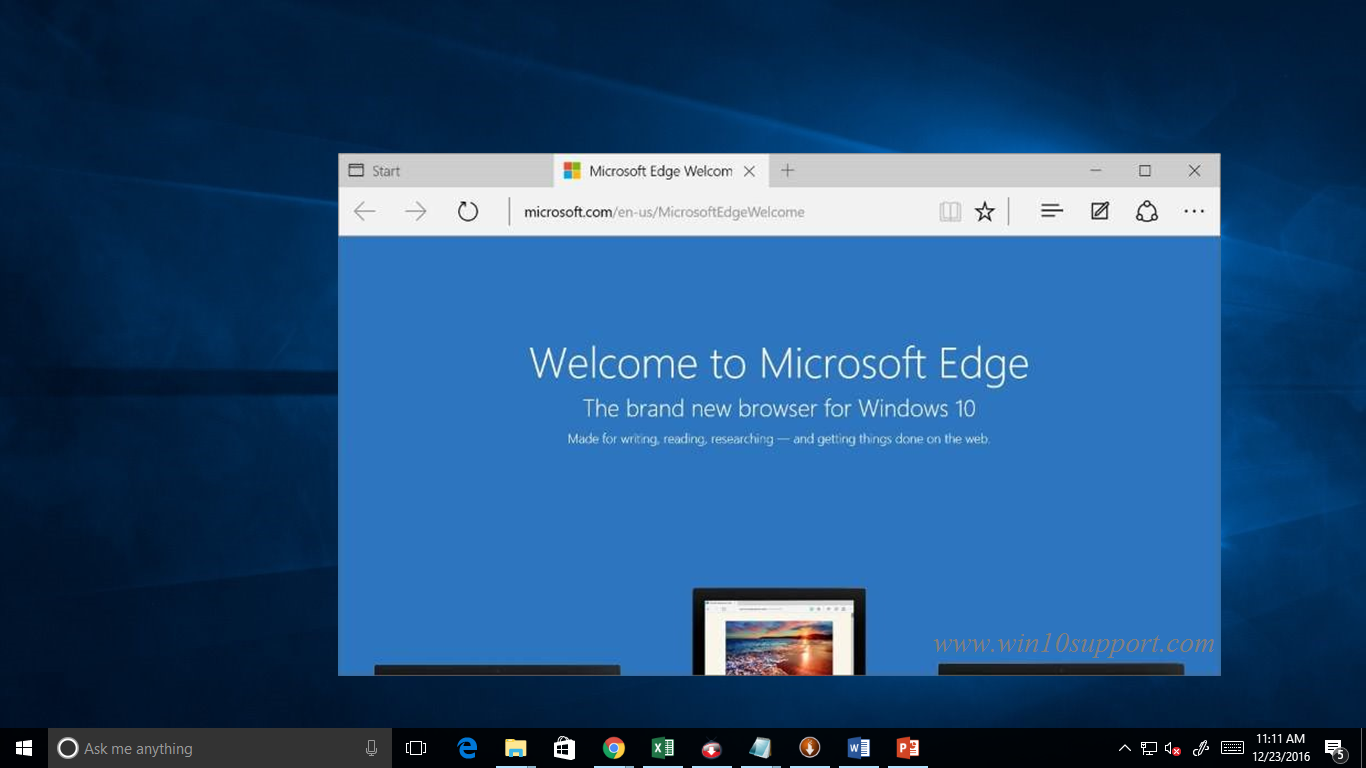

Over time, the cache grows bigger and bigger, causing your browser to become sluggish and to throw off errors.

So the next time you visit a website, the browser will simply retrieve the existing data from its cache instead of getting it from the website’s server, resulting in a faster browsing experience. The browser uses the cache to process and serve data quicker when accessing frequently visited websites. Google Chrome and other web browsers have what we call a “cache,” which is a temporary storage location that collects copies of data and files from the websites that you visited.

These browsers can be quickly launched on your device to let you search on Google, shop on Amazon, read the latest news, check the football scores, and do many other activities online. Web browsers like Google Chrome and Safari are veritable mainstays of everyone’s computer and mobile phone, without which accessing the web is virtually impossible. The culprit could be a burgeoning browser cache, so it’s worth taking the time to clear the cache in Google Chrome or whatever browser you are using. If you surf the Internet a lot, you might notice that your web browser is getting slower and more prone to crashing or freezing.


 0 kommentar(er)
0 kommentar(er)
